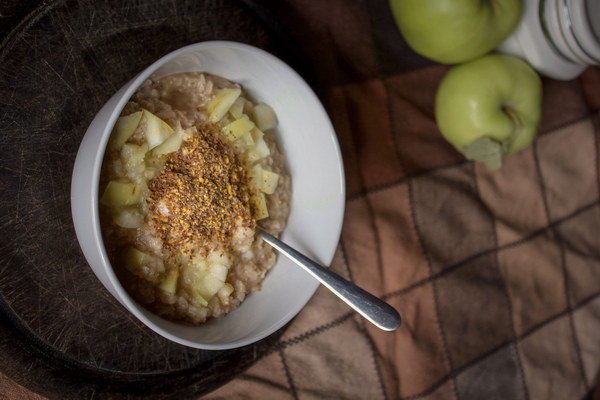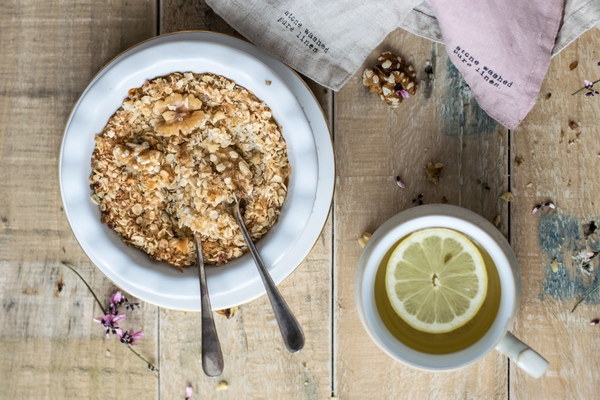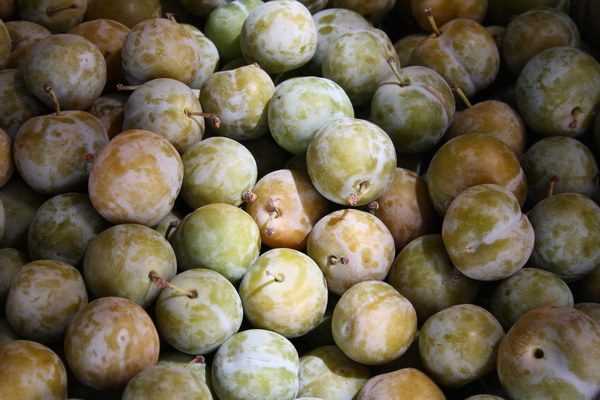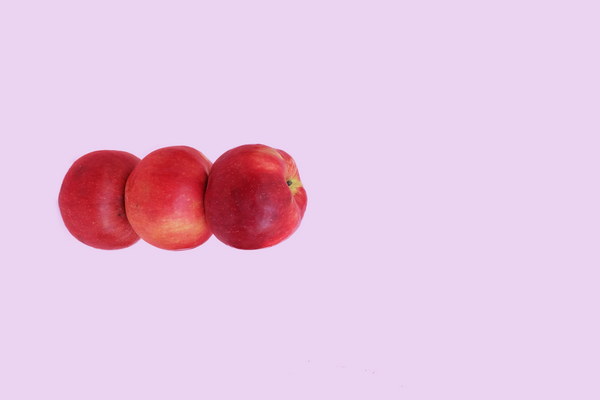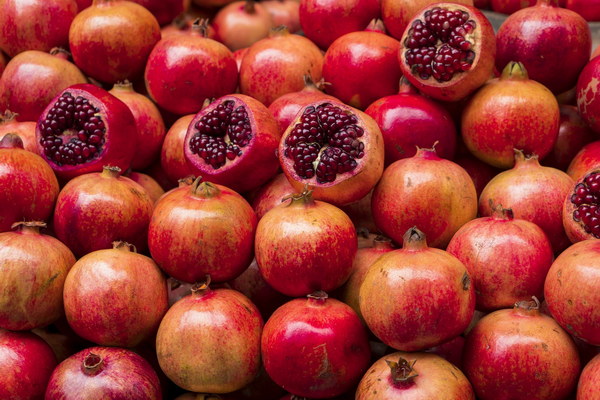Can You Drink Mugwort Tea to Exorcise Dampness Exploring Traditional Chinese Remedies
In the realm of traditional Chinese medicine, mugwort tea is often lauded for its ability to exorcise dampness from the body. But is it safe to drink mugwort tea for this purpose? This article delves into the traditional uses of mugwort, its benefits, and the potential risks associated with its consumption.
Mugwort, also known as Artemisia argyi, is a common herb in traditional Chinese medicine. It is primarily used to expel cold and dampness, which are believed to be the root causes of various ailments, including joint pain, fatigue, and digestive issues. The dried leaves of mugwort are typically used to make tea, which is consumed for its purported health benefits.
The traditional belief is that dampness in the body is a result of an imbalance of Yin and Yang, leading to symptoms such as bloating, weight gain, and low energy. By consuming mugwort tea, many people believe that they can restore balance to their body and alleviate these symptoms.
One of the primary benefits of mugwort tea is its ability to stimulate blood circulation. This can be particularly beneficial for those suffering from menstrual cramps or poor circulation. Additionally, mugwort tea is believed to have anti-inflammatory properties, which can help reduce pain and swelling in the body.
Moreover, mugwort tea is said to have a warming effect on the body, which can be beneficial for those with a cold constitution or those who are prone to feeling chilly. It is also thought to aid in digestion and relieve constipation.
Despite its purported benefits, it is essential to consider the potential risks associated with drinking mugwort tea. One of the most significant concerns is the risk of toxicity. High doses of mugwort can lead to symptoms such as vomiting, diarrhea, and even liver damage. It is crucial to consume mugwort tea in moderation and under the guidance of a healthcare professional, particularly for individuals with pre-existing health conditions or those taking other medications.
Furthermore, some people may be allergic to mugwort or may experience adverse reactions when consuming mugwort tea. It is essential to be aware of any known allergies or sensitivities before consuming mugwort tea.
When preparing mugwort tea, it is important to use high-quality, organic mugwort leaves to ensure maximum benefit and minimize the risk of contamination. Here's a simple recipe for making mugwort tea:
Ingredients:
- 1 tablespoon of dried mugwort leaves
- 1 cup of water
- Optional: honey or lemon to taste
Instructions:
1. Bring the water to a boil.
2. Add the mugwort leaves to the boiling water and steep for 5-10 minutes.
3. Strain the tea and add honey or lemon if desired.
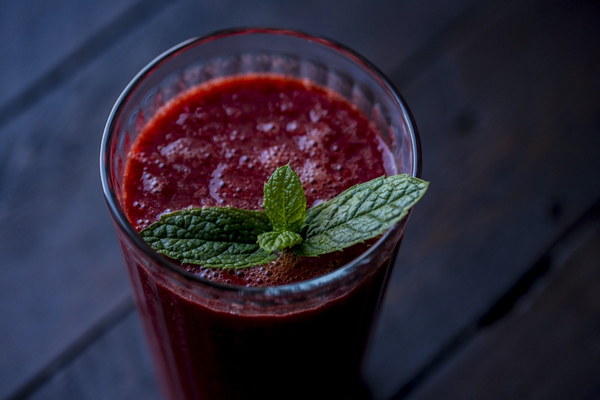
4. Enjoy your mugwort tea!
In conclusion, while mugwort tea is often used in traditional Chinese medicine to exorcise dampness and provide various health benefits, it is crucial to consume it responsibly. It is best to consult with a healthcare professional before starting a mugwort tea regimen, especially for individuals with pre-existing health conditions or those taking other medications. As with any herbal remedy, moderation is key, and potential risks should always be considered.
